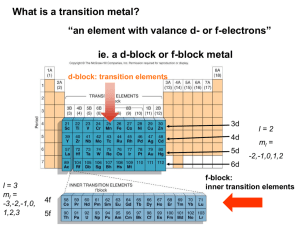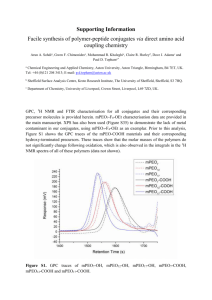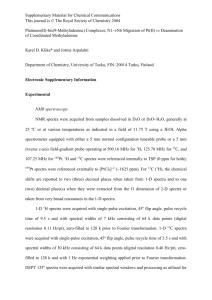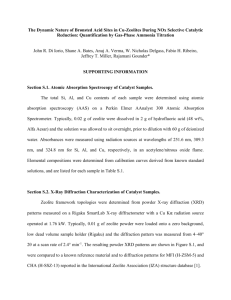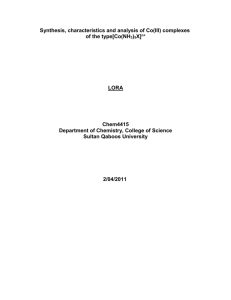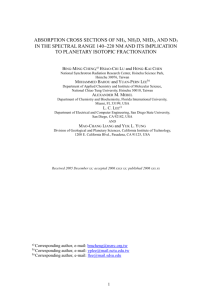Rick Krementz
advertisement
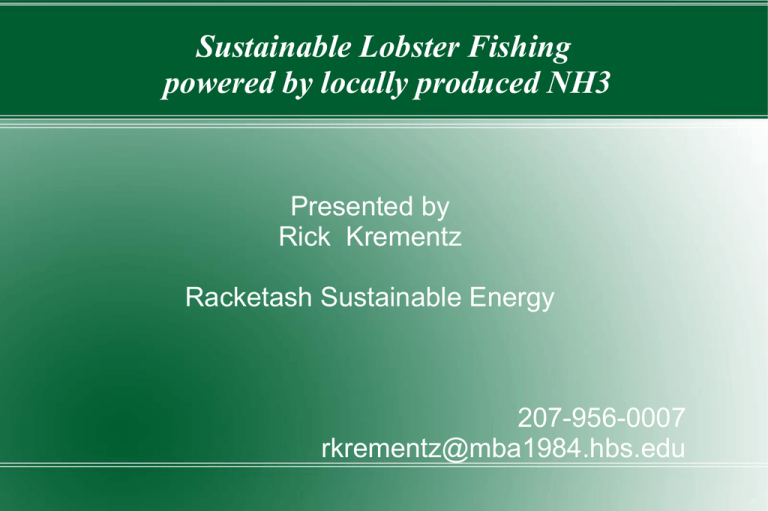
Sustainable Lobster Fishing powered by locally produced NH3 Presented by Rick Krementz Racketash Sustainable Energy 207-956-0007 rkrementz@mba1984.hbs.edu The Challenge Offshore island communities Very sensitive to small changes Highly energy dependent Single avocation – lobstering High costs of food, energy, transportation The Present Situation Seriously impacted by high petroleum prices in 2008 Seriously impacted by dropping demand in 2008 – present: less demand and lower prices High bait prices compounded problem Future Concerns “Out of sight” fishermen have no political voice Future access to petroleum is likely to be much more politically dependent Priority users will be military, public service, medical professionals, truckers, farmers, distribution, etc. Remote fisherman of “luxury” product likely to be “last on list” A Solution Create sustainable energy solution for offshore islands Matinicus and Criehaven Prove viability of NH3 engines “Green” solution will allow branding of lobster for higher profits to locals How do we generate our own energy resource? Islanders strongly prefer self-reliance Very strong wind resource (Zone 6) Islanders spend about $2 million/year on energy, or $40 million over next 2 decades DoE Maine Wind Map Red is an “outstanding” wind resource Black dot outside of red area is Criehaven and Matinicus The Plan Install in-water wind turbines (5 MW capacity) Produce electricity, mostly for NH3 production Use NH3 as fuel for lobster boats Use NH3 for generators when wind is weak What is NH3? NH3 (anhydrous ammonia): Is gas at regular conditions Liquifies at 130 psi (similar to propane) Non-flammable per DoT Essentially non-explosive at STP Non-toxic, but intensely caustic What is NH3 (p.2) Gas is lighter than air Combusts to nitrogen gas and water Safer than petroleum fuel 2nd most produced chemical in the world Energy density about half of gasoline Higher energy density than liquid hydrogen How to use as fuel Easy to burn inefficiently Was used in Belgium buses during WW2 The challenge is burning efficiently without pollution Project is internal combustion engines NH3 can be used in fuel cells, turbines Various approaches to NH3 fuel NH3 has very high ignition point NH3 will not ignite in compression ignition engine without a combustion promoter (gasoline, diesel) NH3 can be cracked into N2 and H2 NH3 can be emulsified with diesel NH3 can be liquid injected NH3 can be super/turbo charged as a gas injection The Energy Picture Total energy consumption is approximately 400,000 gal per year (Diesel equivalent) 10% used for electricity production 80% used for lobster boat fuel 10% miscellaneous (vehicles, cooking gas, tractors)(includes propane and gasoline) High Risk Project Haber Bosch not suitable for small wind Solid State Ammonia Synthesis (SSAS) not ready yet Engine designs not proven yet Licensing for in-water turbines complex Licensing storage for NH3 complex Financing challenges, non-profit Thank You For more information contact Rick Krementz rkrementz@mba1984.hbs.edu krementz.blogspot.com

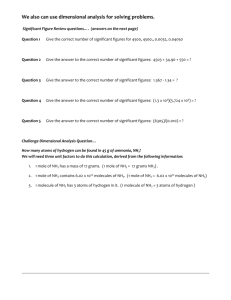
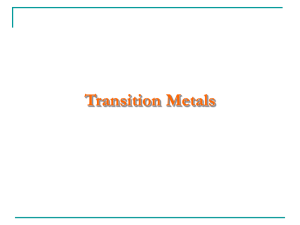
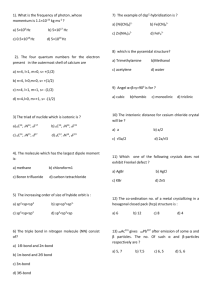
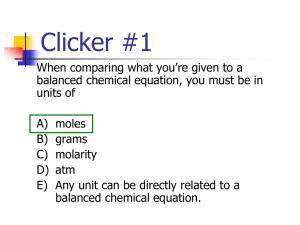
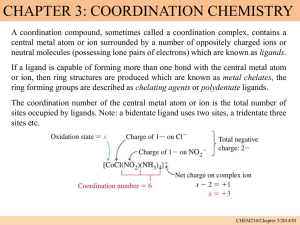


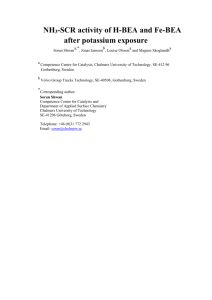
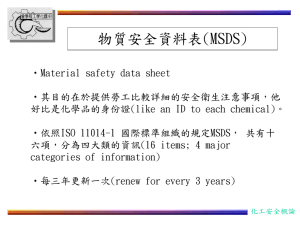
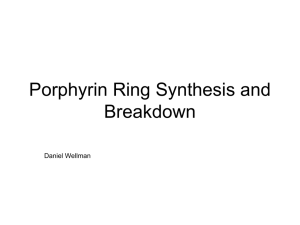
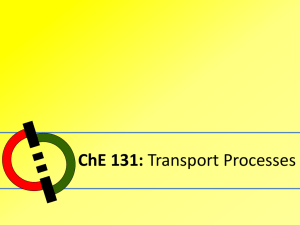
![[y 5 ] + - Springer Static Content Server](http://s3.studylib.net/store/data/007045431_1-1b395830b5d13c2a0484118cf1c75dda-300x300.png)
